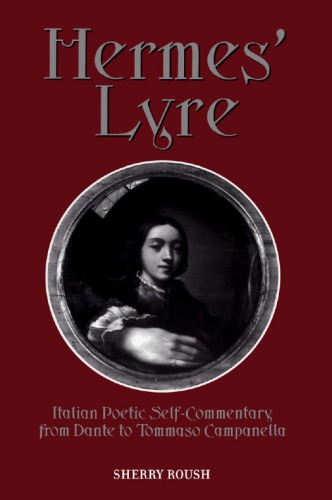

Most ebook files are in PDF format, so you can easily read them using various software such as Foxit Reader or directly on the Google Chrome browser.
Some ebook files are released by publishers in other formats such as .awz, .mobi, .epub, .fb2, etc. You may need to install specific software to read these formats on mobile/PC, such as Calibre.
Please read the tutorial at this link: https://ebookbell.com/faq
We offer FREE conversion to the popular formats you request; however, this may take some time. Therefore, right after payment, please email us, and we will try to provide the service as quickly as possible.
For some exceptional file formats or broken links (if any), please refrain from opening any disputes. Instead, email us first, and we will try to assist within a maximum of 6 hours.
EbookBell Team

5.0
110 reviewsFrom the mysterious glosses by 'EK' in the poetry of Edmund Spenser, to the self-commentary in Vladimir Nabokov's Pale Fire, readers of literature have been fascinated by the comments, addenda, and footnotes added by authors to their own work. In this insightful and original work, Sherry Roush investigates poets' motivations for writing glosses. She argues that self-commentary differs fundamentally from standard commentary, and that it does not necessarily impose an authoritative reading, determine the poem's significance, or furnish factual autobiographical information. Rather, self-commentary presents an intriguing ulterior poetic dimension and adds to the inherent tension of the text.
Roush focuses her study on three pairs of authors, each representing a distinct historical-contextual period: Dante and Boccaccio in the early Italian self-commentative tradition, Lorenzo de' Medici and Girolamo Benivieni in high Renaissance Florence, and Giordano Bruno and Tommaso Campanella at the turn of the seventeenth century. Through numerous examples, Roush highlights the non-linear development of this mixed genre, and shows how poetic self-commentaries respond to unique literary, historical, and political exigencies, and offer keys to understanding the underlying poetic message. This seminal study will be of particular value to scholars interested in poetry, hermeneutics, autobiography, and Renaissance studies.